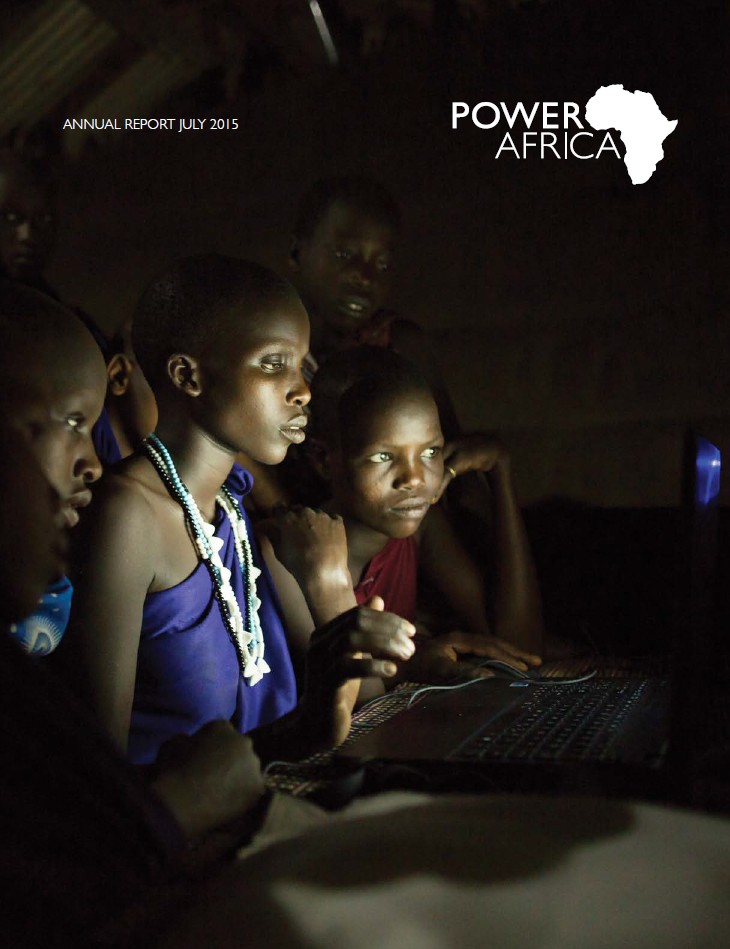On June 16, 2016, Kenyan and U.S. officials launched Afya Jijini (“health in the city”), a $34 million (3.4 billion Kenyan Shillings) integrated health program to improve and increase access and use of quality HIV/AIDS, family planning, and reproductive, maternal, newborn, child and adolescent health services.
Over 100 rising young East African leaders met in Nairobi, Kenya from June 15–17, 2016 to discuss the role of youth in driving sustainable development and a prosperous future for Africa. Discussions focused on inclusive development, innovation and entrepreneurship, and peace and security
For many years, through support from the U.S. President’s Emergency Plan for AIDS Relief (PEPFAR) and other USAID global health initiatives, we have collaborated with the Government of Kenya to save and improve lives in Nairobi. The results of our partnership can be seen throughout the county. Recent health data reaffirm the gains we have made together in the health sector. The 2014 Demographic and Health Survey (or DHS) revealed that Nairobi is leading the way in nearly all HIV and maternal and child health indicators compared to the national average. Afya Jijini will build on these achievements and the lessons learned from its predecessor, APHIAplus.
Good morning Mandela Washington Fellows and other distinguished guests from across the region. It is a pleasure to welcome you to this second YALI Regional Conference in East Africa on behalf of USAID.
Yesterday, the Kipeto Wind Park, a project supported by U.S. President Barack Obama’s Power Africa initiative, signed a 20-year power purchase agreement with Kenya Power to provide clean, sustainable energy to the people of Kenya. The 100-megawatt (MW), grid-connected power facility -- which will be constructed in Kajiado County with land leased from the Maasai community -- will be one of the first utility-scale wind projects to generate electricity in Kenya.









Comment
Make a general inquiry or suggest an improvement.